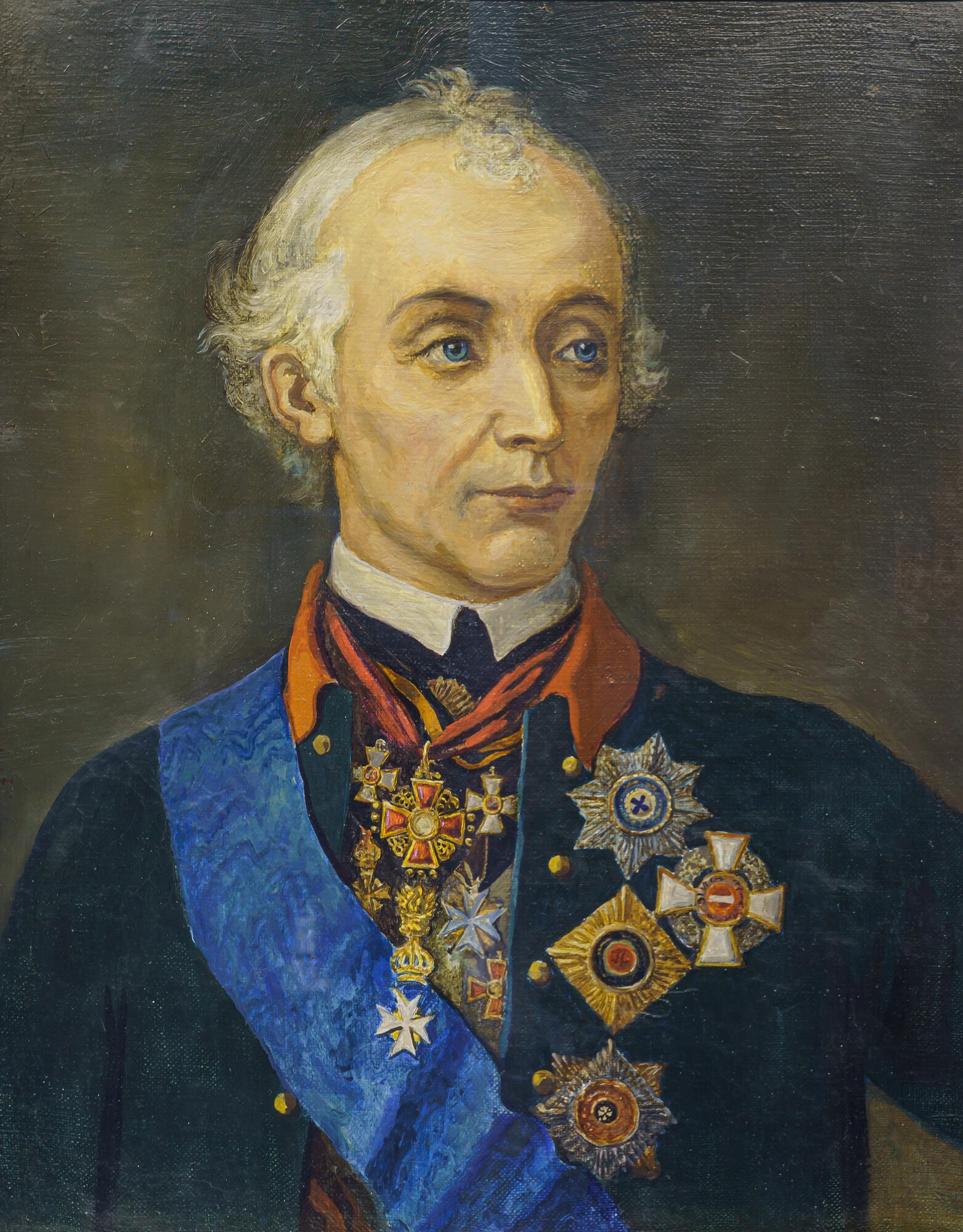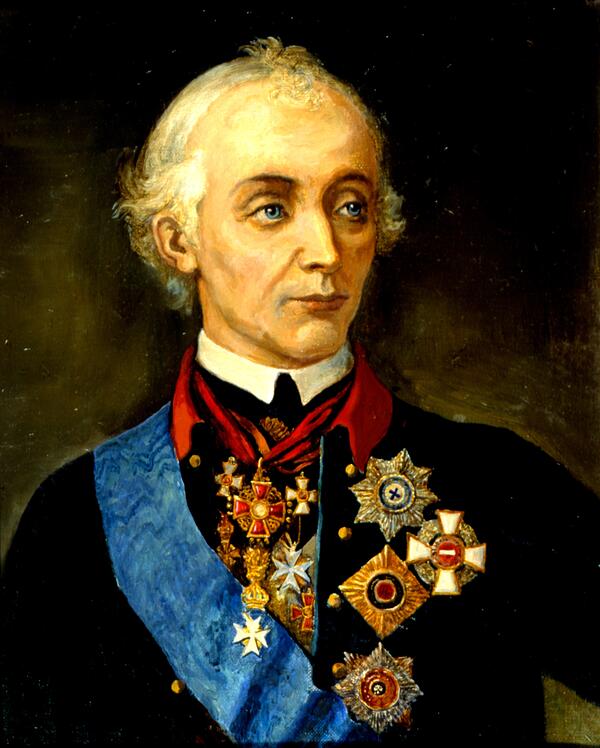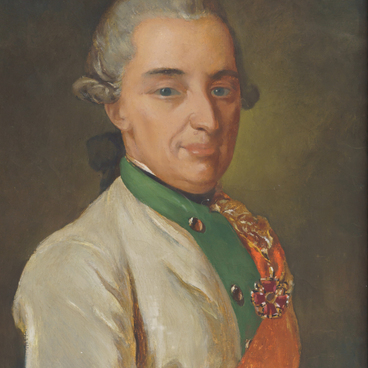Alexander Vasilyevich Suvorov was a world-famous military commander who never lost a single battle in his life. He was distinguished by excellent intuition, courage, flexible thinking, and understanding of soldier psychology. Suvorov set an example of bravery, endurance, and military discipline. He was worshipped by soldiers and officers and respected even by his opponents. He received all types of awards, honorary titles, and the highest military rank in the Russian Empire. “General Forwards” is only one of the nicknames received by Suvorov.
Alexander Suvorov was born in 1730. His father was a senior military commander and member of the College of War who started his career as an aide-de-camp and interpreter of Peter the Great. Since childhood, Alexander was an avid reader and dreamed about a career in the military, but he had poor health, and his father did not want this life path for his son. Nevertheless, as a teenager, Suvorov insisted on being enlisted into the Semyonovsky Lifeguard Regiment, and in 1748, he entered active military service.
He first saw military action during the Seven Years’ War of 1756–1763 — a global conflict that was engaged in by all major European nations. Later, he achieved memorable and important victories over the Polish Confederates and the Turks. Suvorov participated in suppressing Pugachev’s Rebellion, instilled order in the Kuban and Crimea regions, prevented the Turks from attempting to destabilize the situation in Crimea, and helped to put an end to the Polish Uprising led by Tadeusz Kościuszko. Empress Catherine the Great was kindly disposed toward Suvorov who reached the rank of field marshal during her reign.
After Paul I was crowned Emperor in 1796, Suvorov was dismissed from service and exiled at first to Belarus and later to the Novgorod Governorate. However, in 1799, the emperor wrote to Suvorov, begging him to take command of the combined Austro-Russian army in Italy. In 1799, Suvorov led the army in the famous Italian expedition. As a result of the campaign, Suvorov was promoted to the highest military rank of Generalissimo.
Suvorov fell seriously ill on his way back home and died in Saint Petersburg in May 1800. The military commander was buried in the Saint Alexander Nevsky Monastery. Although brief, the inscription on his grave says much to every Russian citizen. It states simply,
Alexander Suvorov was born in 1730. His father was a senior military commander and member of the College of War who started his career as an aide-de-camp and interpreter of Peter the Great. Since childhood, Alexander was an avid reader and dreamed about a career in the military, but he had poor health, and his father did not want this life path for his son. Nevertheless, as a teenager, Suvorov insisted on being enlisted into the Semyonovsky Lifeguard Regiment, and in 1748, he entered active military service.
He first saw military action during the Seven Years’ War of 1756–1763 — a global conflict that was engaged in by all major European nations. Later, he achieved memorable and important victories over the Polish Confederates and the Turks. Suvorov participated in suppressing Pugachev’s Rebellion, instilled order in the Kuban and Crimea regions, prevented the Turks from attempting to destabilize the situation in Crimea, and helped to put an end to the Polish Uprising led by Tadeusz Kościuszko. Empress Catherine the Great was kindly disposed toward Suvorov who reached the rank of field marshal during her reign.
After Paul I was crowned Emperor in 1796, Suvorov was dismissed from service and exiled at first to Belarus and later to the Novgorod Governorate. However, in 1799, the emperor wrote to Suvorov, begging him to take command of the combined Austro-Russian army in Italy. In 1799, Suvorov led the army in the famous Italian expedition. As a result of the campaign, Suvorov was promoted to the highest military rank of Generalissimo.
Suvorov fell seriously ill on his way back home and died in Saint Petersburg in May 1800. The military commander was buried in the Saint Alexander Nevsky Monastery. Although brief, the inscription on his grave says much to every Russian citizen. It states simply,



